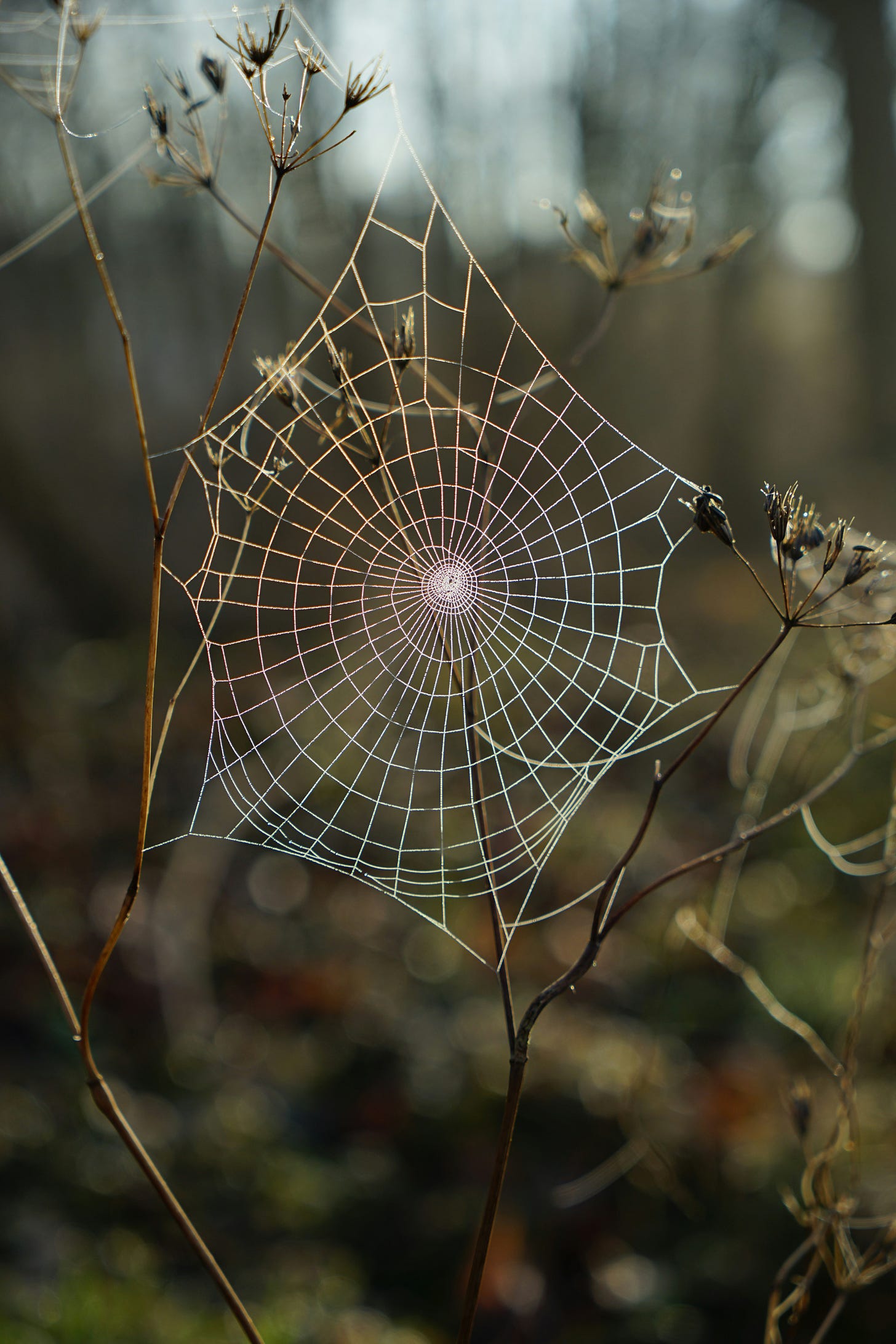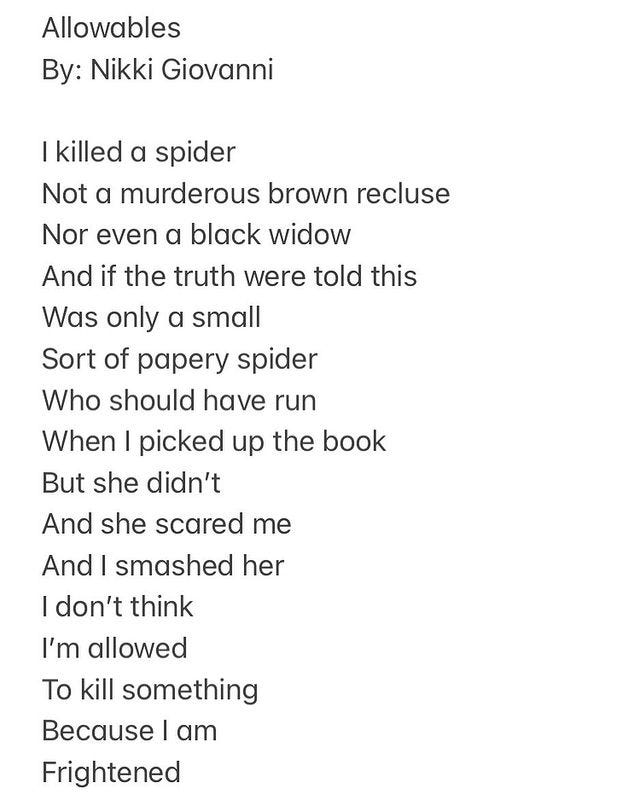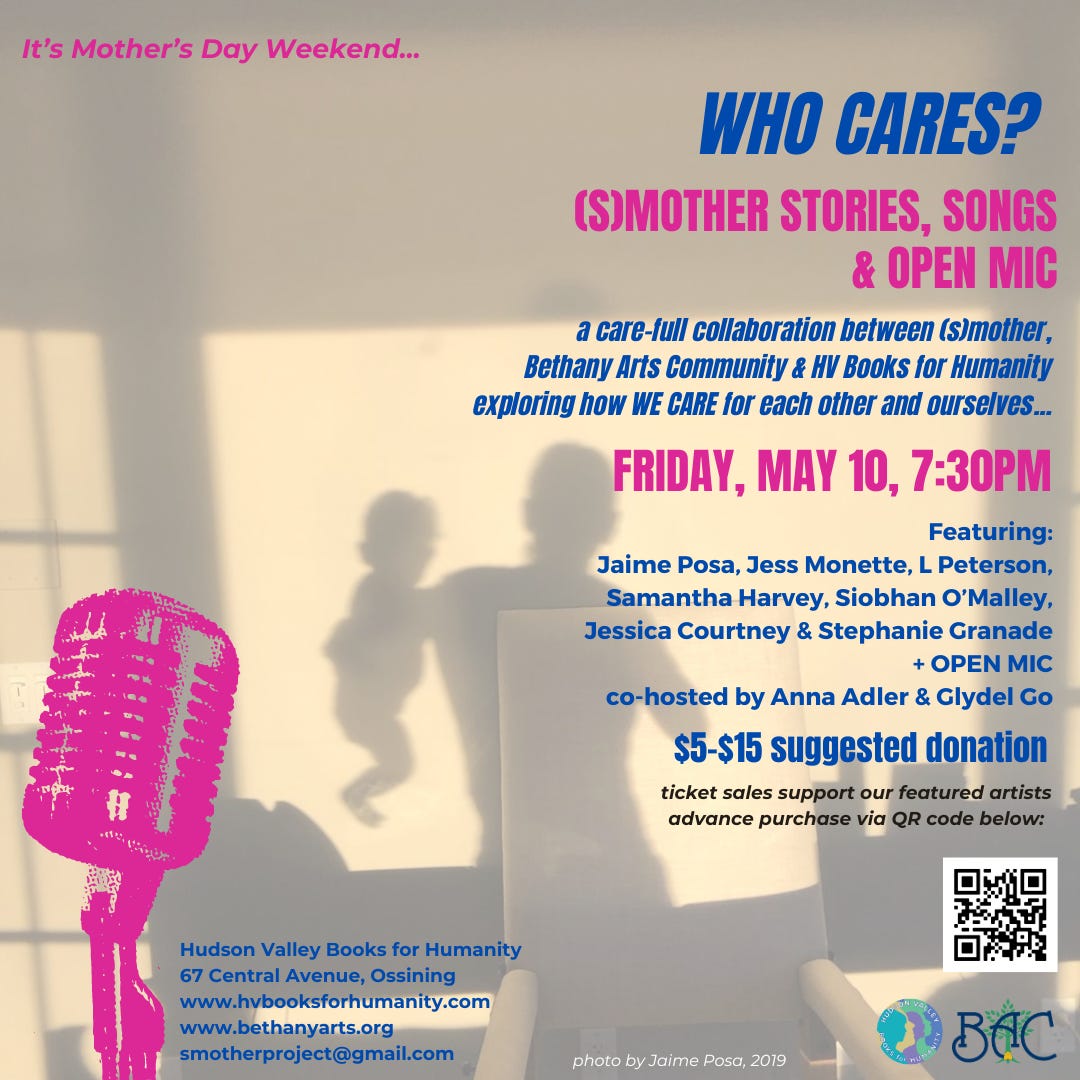
Note: This post is a bit more personal than the last several. It’s heavier. It’s coming out a bit early as well, because some of the content here is timely. This post is publicly available, so please feel free to share it, but note that comments will be limited to paid subscribers on this one. If you received this in your email, however, you are welcome to hit “reply” and I will do my best to respond. I’m grateful for your support either way.
For the last several months, I have felt constant tugs on the red thread that connects my heart to the rest of the world. Maybe you have too.
In October of last year, I began work as a grief group facilitator for bereaved parents who have experienced pregnancy loss, and felt the impact of the attacks on our reproductive freedoms here in the U.S. on mother after devastated mother. I listened in shock to the news of mothers and children taken as hostages from Israel. And I buried my face in my hands in the weeks that followed, as reports flowed in about the people under attack in Gaza who were giving birth, or losing pregnancies, without adequate medical care.
In November, I fought to keep my son in his school despite rumblings that he was not going to be able to stay due to his “special needs.”I listened as friends shared their fears of taking their children to Hebrew school amidst a rising wave of antisemitism here in the States. I hosted a friend whose ex-partner was engaging in dangerous behavior around her child. I felt the emptiness, on Thanksgiving, of knowing I am living on stolen land. And I absorbed the misery of those who cannot keep their children in safe spaces anywhere right now.
In December, our family marked the ten-year anniversary of losing my brother to brain cancer, and in January, the two-year anniversary of losing our daughter-to-be in late pregnancy. To add insult to injury, our whole family came down with COVID, which then led to a cascade of related illnesses and inflammatory events for me as someone with endometriosis. And I wrung my hands over the bombing of hospitals and the sight of innocent people fleeing with their sick and dying in wheelchairs, over roads turned to rubble.
In February, we made the hard decision to sell our home so that we can move closer to our networks of family and friends in Massachusetts, after over a decade in the NYC area, tracing our two threads back to the place where I met my husband. We packed and cleaned and cried. And I watched small children trying to carry suitcases from one evacuation zone to the next on social media.
In March, my oldest friend in NYC, who works for the U.N., was summoned back to his home country to continue doing important work on behalf of peace, while his spouse remains here. I walked and talked with another friend, a descendant of Holocaust survivors who teaches about the history of colonialism, who shared that he feels like there is no place in the current discourse that feels like “home” to him. My dad entered experimental trials for cancer treatment after a lifetime of smoking and an initial round of chemo. And I felt acutely aware that men all around the world are being forced to serve on the front lines of conflicts that they did not cause. Or they are dying silently, in loneliness, out of compulsory obedience to a code of masculinity that treats them like a gun or a paycheck, instead of a complex human being with a heart.
I once read that a spider’s mind exists not only in its body but also in the web around it. For six months, I have felt like this. My awareness has seemed to move constantly from my own body and struggles into the bodies and struggles of others around the world. I have felt unable to light upon anything that felt like solid ground. For a long time, I felt as if I were waiting for the whole thing to stop shaking so that I could finally make sense of it, discern what set it off, commence repairs.
But it didn’t stop shaking.
In April, I learned that a friend of mine, a fellow mother, had gone to a peaceful demonstration and spent half an hour being called a damaging slur by a counter-protester who stood inches from her face. Another friend, a teacher, told me she had lost income after calling for a peaceful ceasefire in her community. College students and their teachers across the countr were pushed to the ground for doing the same, including at my alma mater, Emerson. And I wrote this piece explicitly critiquing the targeting of caregivers in Gaza, and the lack of care currently being shown to caregivers around the world.
As in this post, I paywalled the comments, so that I could better manage any negative comments that came. But they didn’t come, not really. The most constructive feedback I received was a simple request: say more.
What could I say, though? I have no unique, individual perspective on, say, the plausibility of a two-state solution, that has not been shared elsewhere. I wish I did.
I took this problem to my writer’s group, all mothers, where it became clear that my lack of a solution was not my unique, individual problem. We all feel fear, sadness, and anger about the images of death we are exposed to daily. We all want to do all that we can to channel those feelings effectively. We all struggle to know how.
Many of us mothers are also already exhausted from the constant pressure to come up with original, individual solutions to so many things that are clearly collective problems. How to keep our elementary school children safe from shootings. How to keep our middle schoolers safe from the increasingly scary world of social media. How to keep our older children and students safe as they learn how to use their voices to call for peace, when across America we see them being tasered and tear gassed by the people we’ve paid to protect them. All while living in a society of people who have made it clear that they do not care whether mothers and children live or die.
This is why I wrote at length about the painful ask of being called, as a full-time caregiver, to give anything “your all.” Or to be seen as apathetic, unambitious, uncaring, or a “bad mom” when you cannot. (This last bit, as
points out, is a particularly effective political cudgel, one used to keep us quiet, busy and in silent competition with one another, instead of rallying together for change.) In this era of pandemics and forest fires, labor inequity and unchecked greed, many mothers have no more “all” to give. We are threads stretched too taut already, always on the brink of breaking.One friend called our circle of mother-writers a “grove,” however, and this gave me such hope. A grove of Mother Trees. Yes. A mycelial web of care, big enough to hold the both/and of it all. A place to re-weave our roots together, gather strength, and find direction again.
In this newsletter space, which began as a highly personal set of essays, I have only ever shared prose. I realized this too was part of my problem.
Whenever I am in this “grove” of mothers, I always find myself feeling beautifully unblocked, and what comes out is always poetry. As I discussed here with the Rev. Molly Bolton, who uses poetry in her chaplaincy practice, the magic of poetry is its ability to hold the both/and:
Ryan: Something that I think makes poetry unique is that it exists in that liminal space, between structure and spaciousness, between boxes and what is outside. We’ve talked about this as what Keats called the negative capability of poetry — the ability to sit with “uncertainties, mysteries, doubts, without any irritable reaching after fact and reason.” What has the role of poetry in your life played throughout [your] initiations?
Molly: Well, I love poetry. It's been a very good friend to me for the reason that you've stated – of holding mystery, of allowing space, of often inviting and not telling. And when it's telling and it lands in you, it's often very compassionate. I mean, you do not have to be good. That's a telling. It's a place where you can be playful. So I have just been naturally drawn to it for a very long time.
I started using poetry in chaplaincy, carrying grief poems with me as a way for people to enter in, to feel seen, to feel heard, for spiritual non-religious folks as ritual. I used poetry when I was with young people in the pediatric and adolescent psych units. Just creating frameworks and spaces for them to express themselves, to feel seen and heard, for them to offer kindness to themselves and each other. I’d say, “Today, you may be in the psych unit at the hospital, but you get to offer someone a gift today, which is to receive the poem that they wrote.”
Ryan: When you feel so powerless, what an empowering thing to think, “Oh, I have something to offer: my presence.”
It took me a long time to “get” this about poetry. To understand how something so small could also be so big. To understand that its value comes not through its ability to make a point and support it, necessarily, or to tell a story that makes sense, but through the creation of its own anchor points and patterns, the tensile quality of its strength. (Consider, for example, Bob Dylan’s “Blowin’ in the Wind,” which doesn’t hang together as a traditional narrative the way, say, Bobby Gentry’s “Ode to Billie Joe” does, but still delivers consistency and clarity through its rhyme structure.)
Poetry is the form you want if you’re striving for a web-like interweaving of ideas that don’t always seem to tell one clear story when you write them down in list, like the one I made above. At the same time, it is a form that allows us to decry the very real forces that want to tear us all apart. Take, for example, Nikki Giovanni’s near-perfect “Allowables,” one of my favorite teaching poems:
And so it was poetry, not prose, that grew out of my meeting in the mother-grove this week.
Below, I offer up one of the poems that took root in that session. It is not a pragmatic or policy-level solution to any problem. I wish that it were. But it is my way of responding to the invitation to say more, about a situation that continues to defy words and logic. (At least, my words, and my logic.)
It is my way of claiming what small power I have to be present, here, for you.
As the world teeters on the brink of a ceasefire that could save countless lives, may the webs of love we weave hold strong, whatever shape they may take. May we send silken threads of invisible strength out now, to all of the mothers and children who desperately need relief in this moment. May we feel them tug back, and find the strength to respond, even with our exhausted hearts. May the work we do along these lines deliver a more peaceful world, one day, to our children — all of our children.
Bad Guys
I am thinking
About ashes everywhere
The mothers digging through them
To find their children
I am fighting not to lose
My son to the carelessness
Of the fire-starting culture all around
Recently the police came
To visit his classroom
And teachers sent home photos
Of children smiling inside
Bulletproof vests, behind the bars
In the back of the patrol cars
My son now builds jails with Legos
Pretending to put the bad guys away
As I tell him that the people who believe
In the realness of things
Like all-bad guys and all-good jails
Are the ones who are playing make believe
My heart strains against its cage
He is not yet five
He still wants to snuggle
Under warm blankets in the mornings
Asks me for consent before
Wrapping soft arms around my neck,
Then we blow kisses across the space
Between us, as he shoulders his little load
And heads to school
The olives and the hummus
Are packed neatly in plastic
Never to touch
Inside his brown paper bag
I pray every day he comes back to me
As himself. As a curious, caring little boy
As a messy, misguided teen
As an angry, exhausted man
As long as he remains alive, I will take him
In any form he takes,
Even if I have to reach through
The bars they are teaching him to build.
Please. Please.
I will take anything but ashes.
NOTES:
If you have a Complicated Mother’s Day coming up this Sunday, you can sit next to me. I wrote about this last year here. May it bring you comfort — and your loved ones some more concrete suggestions about how to support you.
If you are a mother who is feeling despair about the state of the world, this read by
may help.If you’re in the tri-state area, I hope to see you at Hudson Valley Books for Humanity in Ossining, NY tomorrow (May 10), where you can hear other missives from the Complicated Mother’s Day Club, and the members of my mother-grove. Plus, my friend Jess will be there, singing very funny songs about motherhood, which you can listen to here. As Dr. Becky says, you can’t change the hard, but you can change the alone.





